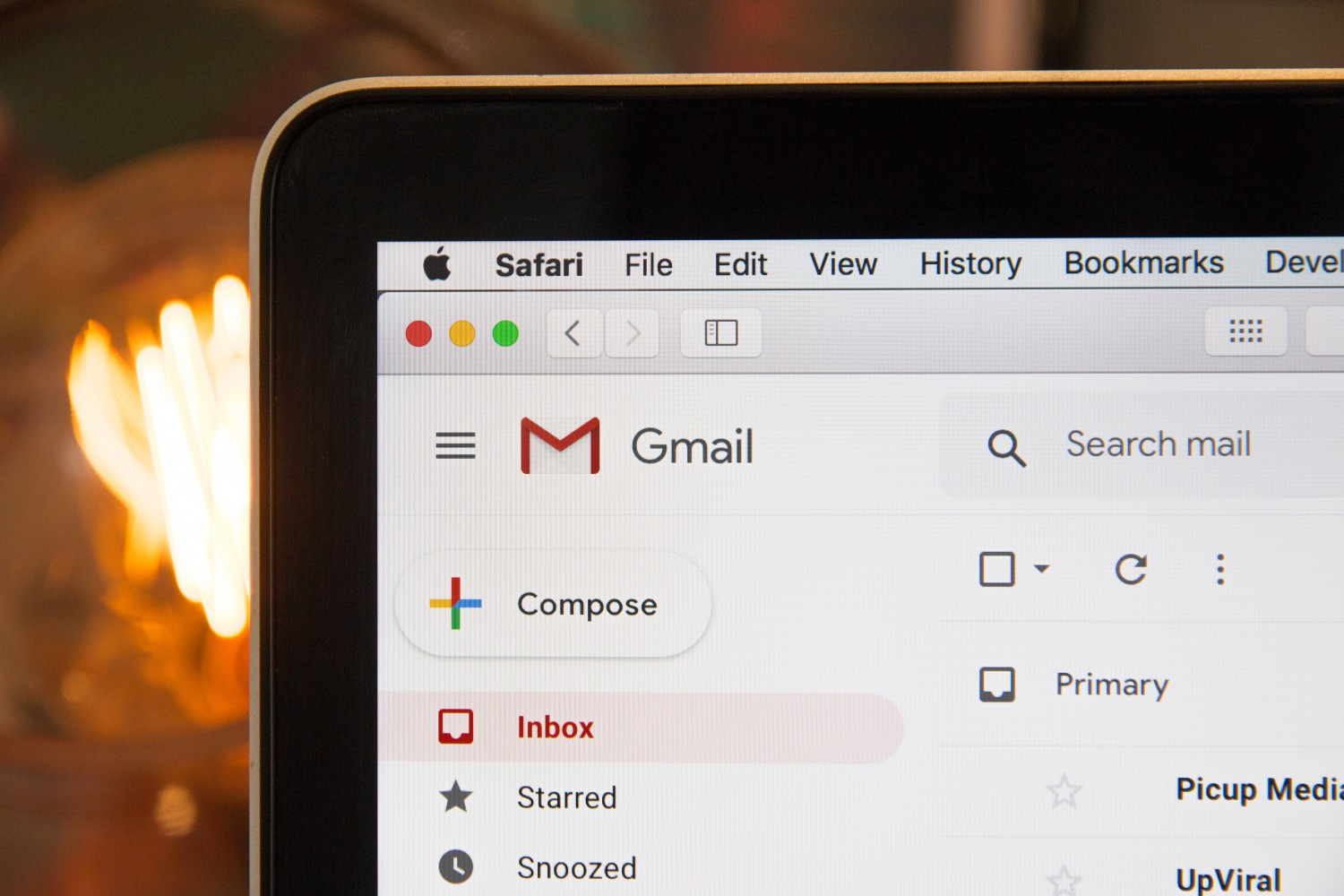Attorney-client privilege, the confidentiality of communications between lawyer and client, is a protection for discussions between those two parties. How strict is that rule? What if a public relations firm has access to the communication? Is the privilege lost?
An order from the U.S. District Court of the Southern District of New York in the pending case of Universal Standard Inc. v. Target Corporation, et al. sheds some light on this very issue. The court found that any privilege that attached to emails between lawyer and client was waived based on the PR firm taking part in the email exchanges.
The result may seem obvious. However, the court pointed out that there are several lines of cases where there was no waiver of the privilege even when attorney-client communications were shared with a third party.
There is the “common interest” doctrine or the “joint defense privilege” when communications are shared with a party who has a common legal interest. An exception also occurs when a third party is essential to allow communication between the attorney and client (such as a translator). Some other rare exceptions exist, but the court said that involving a PR company does not fall square within any of them.
The particular emails at issue in the Southern District of New York case concerned discussions about a public relations strategy surrounding the actual lawsuit. Specifically, they were discussing whether they should issue a press release.
Moral of the story is, the only communications you can be sure of being confidential are those that are strictly between you and your lawyer. That is, unless you ask your lawyer to assist you in committing a crime, which kills the privilege.

